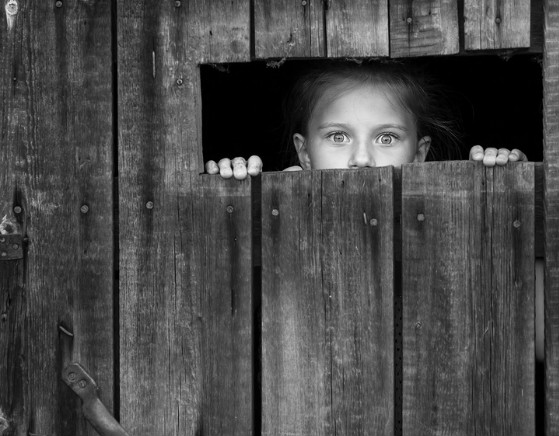Between the Layers: Can Tenderness Exist Inside Violence?

{source}
It was my father who pulled the trigger.
It was my father who fired shots at his divorce lawyer, wife and children through the windows of their suburban home that brisk Fall morning.
It was my father who then turned the rifle on himself, forcing strangers to witness death on their front lawn — an uninvited event now forever locked in their memory. His obese bloodied body still. His tortured mind finally at rest.
When death arrives, the work for the living begins. The sorting and sifting of memories more strenuous than the closing of bank accounts and emptying of homes. Suicide, alongside mental illness and abuse, tangles grief.
I spend decades unraveling my relationship with my father, attempting to make meaning of the senseless. When the force behind the emotional chokehold begins to loosen, I wonder if I am learning to forgive. But I have learned it is futile to rush forgiveness.
With each new mass shooting, I live in a swirl of shame, anger and despair. The Sandy Hook massacre paralyzed me. For days I lay on the couch, replaying the scene in my head, drawing parallels to my father’s death. 26 years later, I attempt an apology letter to the children who witnessed my father’s suicide acknowledging their suffering. I never met them. I do not have their address.
In his younger years, my father was able to experience joy. He spent hours tinkering away in the garage, fixing old radios, televisions and bikes that he found at the dump. He doled out his refurbished bicycles freely. Everyone in the neighborhood rode one. Kids from all over filled our home, eager to take part in the rumpus play my father engaged in so freely.
He’d run after us with cans of shaving cream or water pistols. Involved chasing games ensued that traveled in and out of the house. It was us against Dad. We’d play until our bodies ached from running, hiding, laughing and plotting our next attack. Out of breath, he surrendered, “All right, all right already!” motioning us away. Reluctantly we withdrew to the backyard without him.
There we crawled on rusty treasures — monkey bars, swings, whirligigs and seesaws — all castaways he recovered from the junkyard.
My father’s emotions were ferocious. They came in two forms: exhilarating and crippling. Nothing determined which force you would receive. I grew watchful of his every action, attempting to prevent or dodge the blow. As I moved from childhood to adolescence and left the world of play behind, a crevasse grew between us.
With maturity, I became judgmental and angry towards his inability to hold a job, his violence against my mother, and the rage that indiscriminately poured out onto those near him. Increasingly, I became the target of his aggression.
Grabbing my homework off the kitchen table and ripping it into pieces, he screamed, “You no-good motherfucker! You’re just like the rest of them. Worthless!”
I clung to my mother, seeking answers. Both siblings had moved away. There was no one else to hide behind. Anytime I helped my mother cook or clean, it became further proof that I was the enemy who sided with her. In these years, my identity was developing as a young woman. His words ate away at my psyche. His cruelty punctured my heart. I believed every word he said.
30 years have passed since his suicide. The journey to reconcile my father’s life and death has been extensive. One by one, I have turned these events over and over again, searching for understanding. Memories, once snarled, now lay sorted and stacked, their sharp edges softened and beginning to decay. Within these layers, resolutions have emerged.
Here my hatred and anger towards both myself and my father begin to dissolve.
Here I am able to peel away my father’s misspoken words and hurtful behavior, revealing the deeply wounded man he was.
Here my forgiveness is genuine and deep.
Recently someone asked me, “Could it be possible that when your father realized he was shooting at children, it was the point in which he turned the gun on himself?” I couldn’t answer. I had never considered that before. Can tenderness exist inside violence? Maybe it does… between the layers.
***
Jackie Brown, an elementary school teacher, has worked in high-poverty schools both in the States and abroad for 26 years. Her career has taken her to Northern Ireland, Northern India, and both tribal and public schools in Washington State. She is dedicated to informing all educators, administrators and lawmakers about the effects of childhood trauma, its impact on brain development and a student’s ability to learn. Through Yoga, mindfulness and love, Jackie has helped build resiliency in both herself and her students. When not teaching, Jackie spends her time backpacking, rabble-rousing, cooking huge feasts for her friends, and volunteering in her community. She currently teaches First Grade in Bellingham, WA.
***
{Join us on Facebook, Twitter, Instagram & Pinterest}

